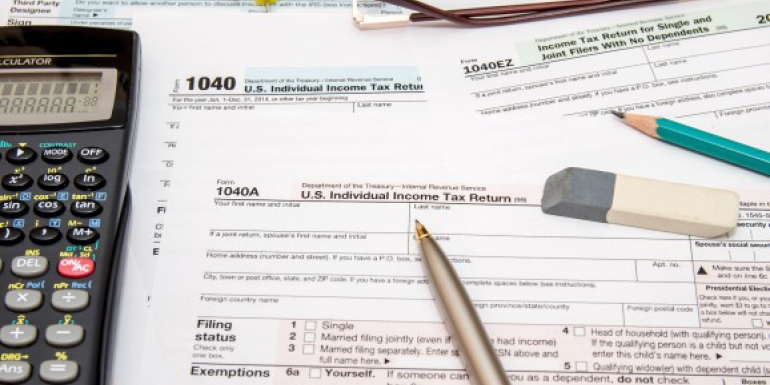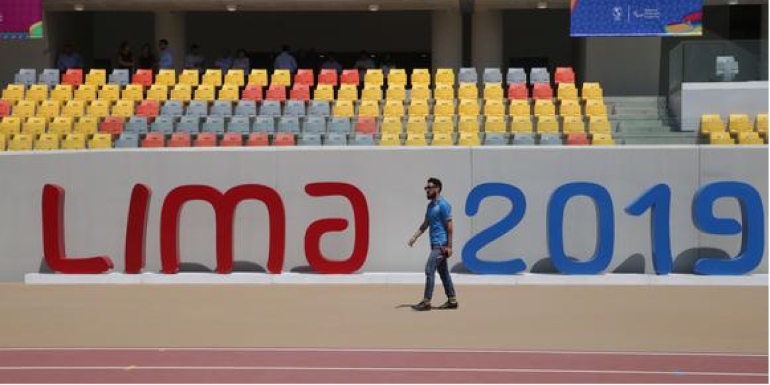The real estate market is one of the driving forces behind the Peruvian economy. With a significant housing deficit of at least 600,000 habitable homes in Lima alone, the demand for real estate property remains strong in the country. Thus the sale of future real estate property is not a rare sight around the city, in other words, the sale of unconstructed apartments or houses that are still in the blueprint stage.
However, neither buyers nor would-be entrepreneurs in housing projects should let themselves be led astray by their enthusiasm and neglect to check the legal requirements applicable to future real estate property. Indeed, the Peruvian Code for Consumer Protection (hereinafter the “Code”) establishes several provisions concerning the advertising and sale of this kind of asset.
Here are the most notable provisions:
Advertising
The advertising concerning the sale of future real estate property is regulated by Articles 76° and 77° of the Code. Consequently, all written advertisement must include all relevant information such as the name of the seller, the name of the legal representative (in case it’s a company), the full address of the property, contact information of the seller, a description of the property with blueprints, the total price of the property (including interest and administrative fees), and information regarding financing, among several others.
Note that the aforementioned information must be made available to the buyer free of charge, and prior to the conclusion of any contract, including reservation of property contracts.
The Contract
Despite the fact that the parties may draft their own terms, in accordance with Article 78° of the Code, the contract must contain – at the very least – the following information:
- Identification of the parties and their respective domiciles,
- Identification of the property on sale,
- Identification of the property’s registry file, perimeter measurements, finishings and relevant features of the property,
- Exclusive and common areas,
- Sale price of the property,
- Form and deadlines for payment,
- Deadline, dates or express conditions for the delivery of the property, and penalties for breach of contract (if any),
- Applicable penalties as well as their respective amount,
- The obligation of the seller to sign all the necessary documents in order to complete the transference of the property,
- Mechanisms for the resolution of conflicts.
Complaints
Those unfamiliar with the sale of future real estate properties might be taken aback in regard by modifications made to the original blueprints, whether because of legal provisions passed by district municipalities requiring specific proportions for certain areas or because of unforeseen structural problems (such as an unmapped sewage pipe).
Consequently, both parties should note that the buyer is entitled to lodge complaints concerning modifications in regard to measurements and the location of the property. Likewise, the buyer is entitled to lodge complaints regarding defects, deficiencies and flaws on the property, which might limit or impede its use, or diminish its value.
It should be noted that Article 79° of the Code establishes legal remedies for such complaints, including the repair of such flaws, as well as the reduction of the price or termination of the contract.
Readers, currently undergoing the sale or purchase of a housing or apartment project, should take heed and check and familiarize themselves with the aforementioned articles to prevent any misunderstandings or future litigation. Forewarned is forearmed.







































